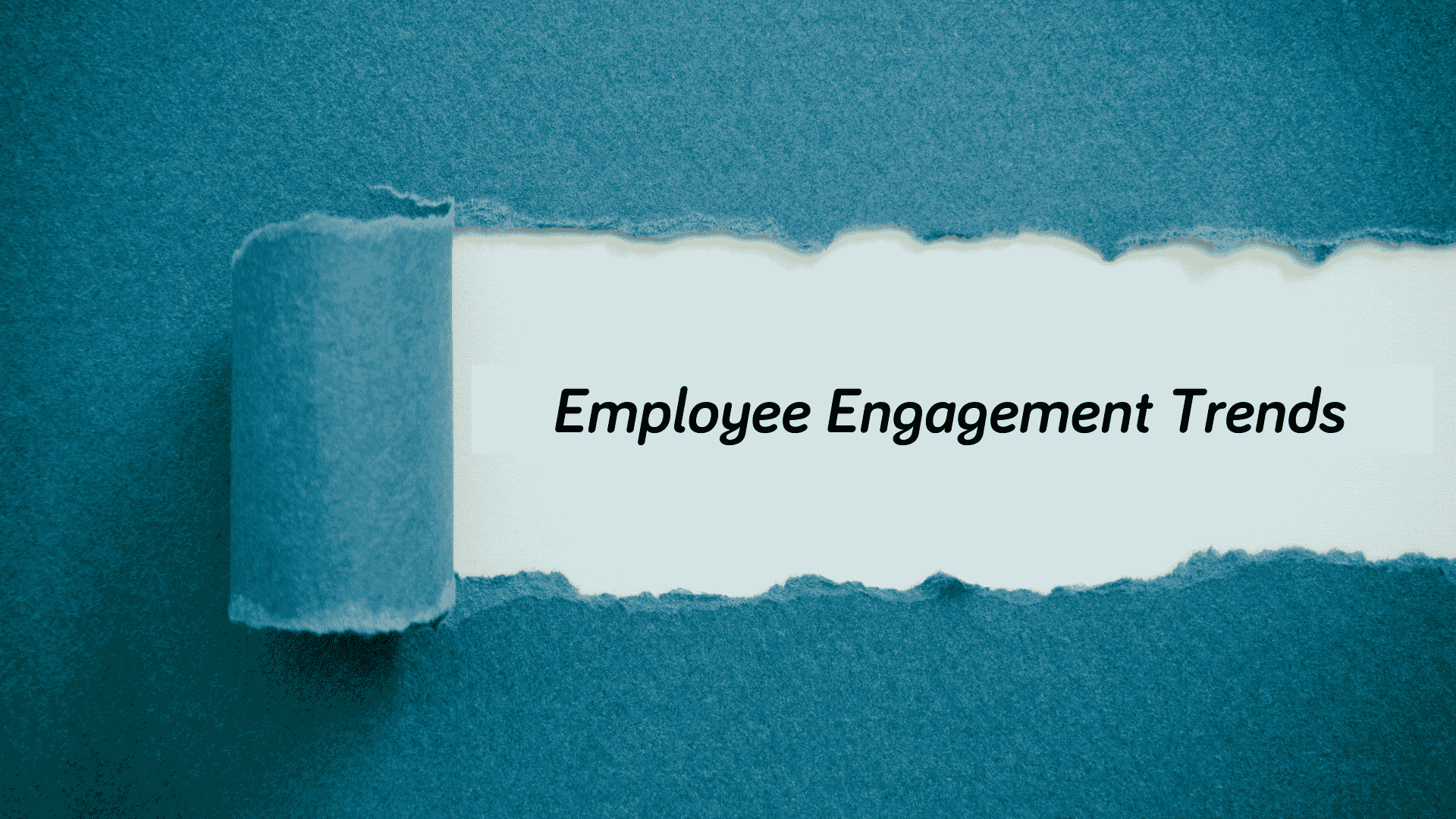HMRC Landmark Mini Umbrella Company Ruling
April 23, 2024Categorised in: Laws & Regulations, News, Recruitment
HMRC’s ruling last week on the Mini Umbrella Company (MUC) model has a huge impact and could spell the end of the current MUC model, turning it on its head and carrying significant implications for every single business using it. Recruitment agencies still using the model now face a substantial risk to their business’ future, and are strongly advised to take immediate action to avoid a catastrophic outcome.
Read on to learn about the case, the Court’s decision, and why, if you are currently outsourcing your payroll to a Mini Umbrella Company, you should act now.
MUCs
The use of MUCs - or specialist contracting intermediaries (SCIs), another name by which they are known - has arisen because of significant growth in the UK’s temporary labour market and the use of recruitment agencies. Many agencies choose to outsource some of their workers and this is where Umbrella, MUCs and SCIs are then used to support the supply chain.
Under the MUC model, it:
- Employs temporary workers and deals with HMRC in relation to any tax liabilities arising from that employment including making use of the Employment Allowance (EA);
- Supplies its employees’ labour to employment intermediary companies, which, in turn, supply that labour to recruitment agencies for onward supply to end-users;
- Charges VAT to the intermediary companies at the standard rate; and
- Utilises the VAT Flat Rate Scheme (the FRS).
It’s not uncommon for recruitment businesses to unknowingly put their business at risk by utilising an MUC in their supply chain.
The Case
The case of Elphysic Ltd & ORS vs The Commissioners for HMRC – which was not a fraud case – was heard in the First-Tier Tribunal (FTT) Tax Chamber between 8 and 25 January 2024. Judgement took place on 27 March, and Tribunal Judge Brooks announced the decision last week. Each of the appellants in the case is identified as an MUC.
The aim of the tribunal was to consider the position, with evidence from all parties involved.
The Decision
The FTT’s decision was:
- that HMRC should not have withdrawn the VAT registrations of the MUC's
- but that the MUC's were not entitled to the VAT Flat Rate Scheme (FRS) or the Employment NI Allowance. This decision being arrived at once HMRC had established that, in their opinion, they were related parties.
Therefore, HMRC have indicated withdrawal of Flat Rate VAT and Employers NI Employment allowance.
The Implications
These rulings will potentially apply across all similar models – i.e. MUC and SCI - and HMRC will inevitably be using this case law to attack others.
Over the years, the government has made many attempts to tackle non-compliance in the Mini Umbrella market, and HMRC’s decision in this case confirms and signals a fundamental change to the permitted set-up of all of these models.
Furthermore, it is highly probable that the decision heralds the eradication of the MUC model henceforth, bringing with it wide reaching impacts on tax and employment compliance.
For recruitment agency owners and businesses still using the model, we believe there is no other option but to cease using it for workers’ payroll. If they do not, the business and its compliance are at significantly higher risk of failure.
These rulings will apply across all similar models and HMRC will use this case law to attack others. There are serious implications for relevant businesses, their operation, and personally for their owners and directors.
Immediate Steps
- Anyone outsourcing payroll to an MUC model, or a company that looks to potentially be one, should consider a move to a new outsourced payroll provider, but especially one that guarantees delivery of accurate, on time, and compliant worker pay.
- The provider must be able to demonstrate and prove it is not an MUC.
- Importantly, given the urgency to move payroll from an existing MUC, recruitment businesses should move to an outsourced payroll provider that can demonstrate how it will transition your business quickly and efficiently to a robust and fully compliant model of outsourced payroll – ideally one that also gives workers a raft of inclusive benefits and support.
- Contact our payroll specialists to find out more.
Additional Information
- Read the case’s full judgement here: https://caselaw.nationalarchives.gov.uk/ukftt/tc/2024/291) .
- The use of mini-umbrella companies (“MUCs”) or specialist contracting intermediaries (“SCIs”), has arisen because of the significant growth in the temporary labour market in the UK and the use of recruitment agencies to administer the payroll of those temporary workers.
- Different “models” exist for processing payroll which are dependent on the particular industry and the circumstances of the temporary workers, eg in the construction industry there is the CIS Scheme. Under one payroll model, employment intermediaries act as an “umbrella employer”. Such an umbrella employer is responsible for deducting and making payment to HM Revenue and Customs (“HMRC”) of any applicable National Insurance Contributions (“NIC”) and income tax under Pay As You Earn (“PAYE”) before paying the net salary to the worker.
- It had been relatively common, in relation to certain temporary workers, for intermediaries when calculating pay and deductions to make claims for the workers’ travel and subsistence expenses. However, their ability to do so was, save in a limited number of circumstances, restricted from 6 April 2016 by s 14 of the Finance Act 2016. From around March/April 2016, a significant number of recruitment agencies (including a number of the larger recruitment agencies) and intermediaries started to use what has been called the mini-umbrella model (the “MUC model”) to employ significant numbers of people. The MUC model continues to be used and, to date, some hundreds of thousands of workers have been employed through it.
- There have been several tax avoidance and unscrupulous models of payroll that have left temporary workers financially penalised, and open to illegal activity that threatens the business and workers’ financial wellbeing.
- HIVE360 Support Services Ltd has long campaigned for the MUC model to be banned, and encouraged recruitment businesses to make their supply chain due diligence and checks watertight to avoid them inadvertently outsourcing their payroll to an MUC.
- Guidelines introduced by the government last year evidence the government’s drive to encourage businesses to examine the supply chain with comprehensive, regular due diligence to ensure they work with only fully compliant and ethical payroll providers.
Need More Advice Regarding Compliance Risks Of Using Mini Umbrella Companies?
If you need any further information regarding the risks of using MUCs or guidelines on how to map out an alternative fully compliant solution for agency PAYE payroll, we can help. Please get in touch with us here.




